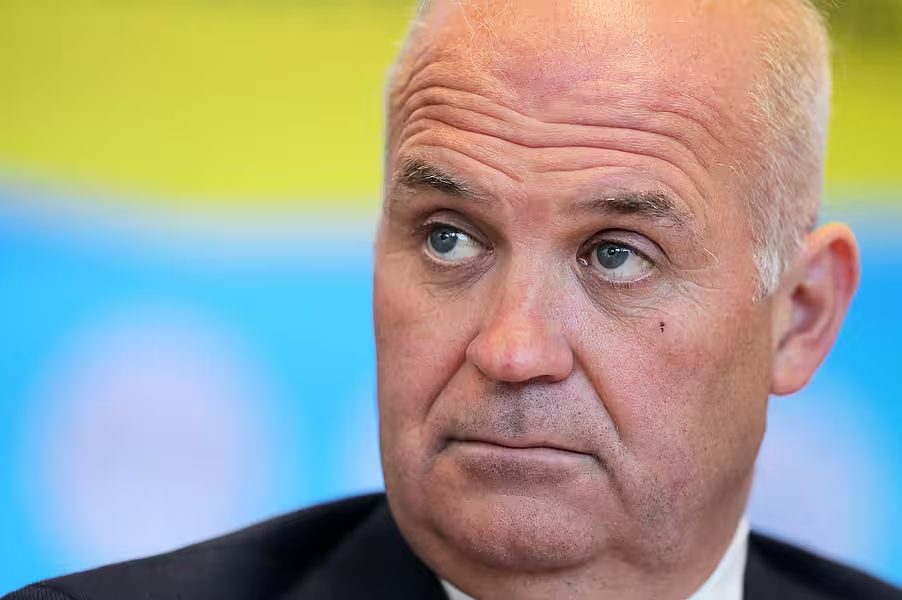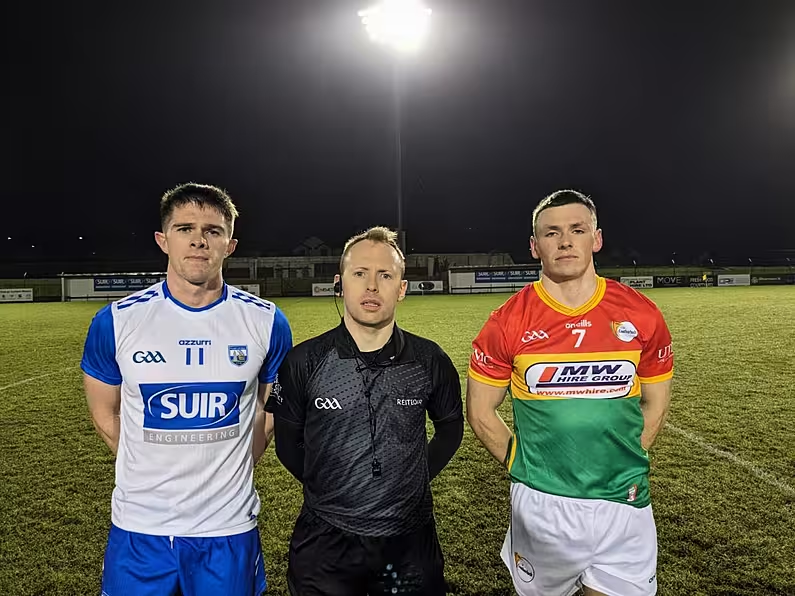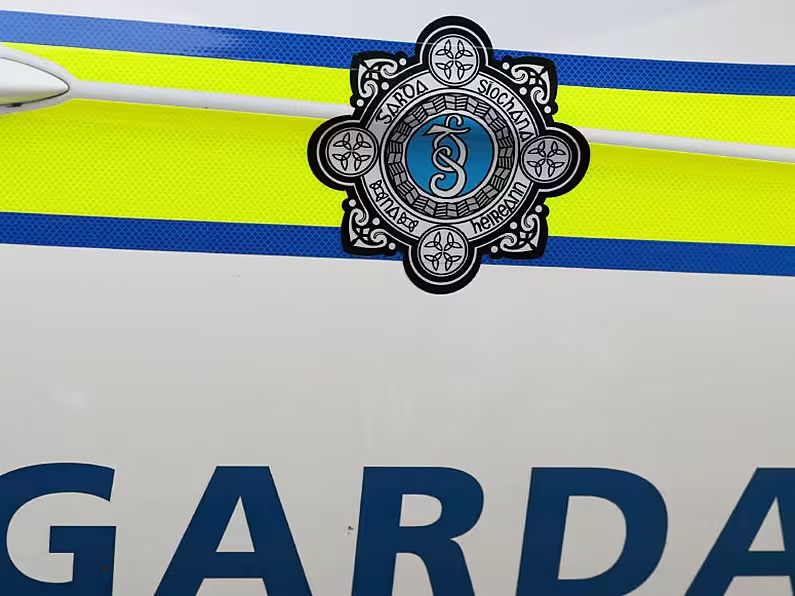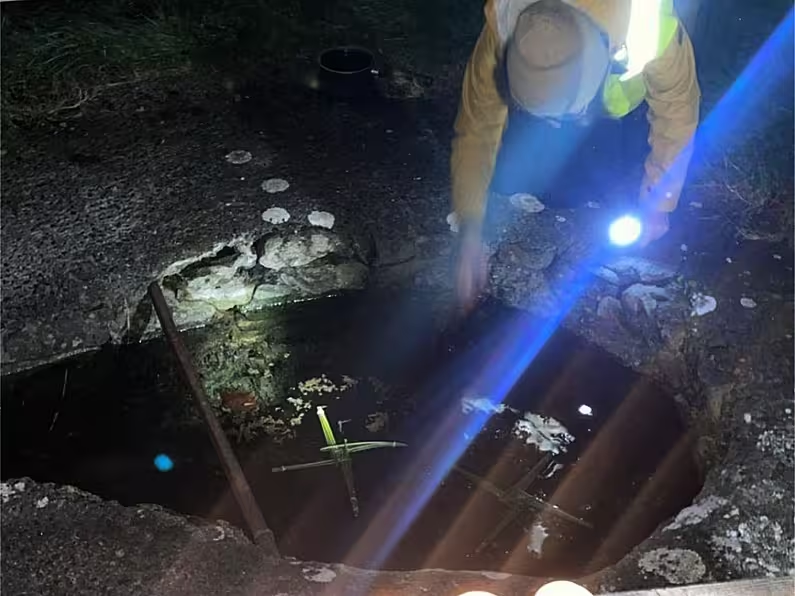By James Ward, PA
Chief medical officer Dr Tony Holohan has been called on to appear before a Dáil committee to explain his opposition to the use of antigen testing.
The National Public Health Emergency Team (Nphet) has continuously objected to the use of the rapid tests among the general public.
The tests are used in numerous EU countries, and the Government’s chief scientific adviser Dr Mark Ferguson has authored a report advocating their use, which has been adopted by Government.

A meeting of the Oireachtas Transport committee on Wednesday heard from numerous experts advocating their use, and ended with a call for the CMO to explain his opposition to them.
Fine Gael TD and Committee chairman Kieran O’Donnell said: “We reiterate our invite to CMO Dr Tony Holohan and his colleagues to come in before us.
“We’ll be following up with them.
“This is a matter that requires public discussion on a factual basis to justify why antigen testing has not been used.
“From what we’ve heard here today, it would make an enormous difference.”
The committee heard from Dr Michael Mina, a professor of epidemiology at Harvard University, who said there has been “confusion” surrounding the use of antigen testing, not only in Ireland, but around the world.
For an advisor to your government - you don’t appear to know what you are talking about @President_MU wrt rapid tests.
The comment adds nothing of benefit and further sows confusion.
You should be ashamed of your demeanor here.
— Michael Mina (@michaelmina_lab) May 9, 2021
He argued that, in some cases, they could prove more effective than PCR testing, which is the test most widely used and accepted in Ireland.
He said the 50 per cent sensitivity rate associated with antigen tests has to be considered in the wider context of what the goal of testing is.
Dr Mina said: “If you are attempting to limit spread, then the speed of getting a result back is much more critical than getting every ounce of sensitivity to detect the RNA of the virus.”
He said that while PCR tests are more sensitive, they will detect the virus in a person for up to 30 days, much longer than the period of infectiousness, estimated at between 10 and 14 days.
Antigen testing on the other hand, will miss low levels of the virus but detect “very well” its presence at a time when a person is infectious, he said.
He argued that this could make them more effective than PCR tests when it comes to international travel.
He added: “The question should be, what is the effective sensitivity of the PCR?
“If you’re getting a test two days before you’re flying, for example, that is a much poorer performing test than a rapid antigen test, an hour before you’re flying.
“That’s because if your real concern is transmission on the flight or thereafter, you want to be able to test as close to the to the to the event as possible.
“That’s always going to be the better solution, we’ve shown this innumerable times now mathematically.”
The Government currently requires PCR tests taken 72 hours before a flights departure.
Dr Mina argues that a person still could become infectious in the period before taking a PCR test and boarding a flight, something which is less likely to happen with a rapid antigen test taken on the day of the flight.
He also argued that daily testing would ultimately be a more effective long-term solution than mandatory quarantine measures for people entering the country.
Dr Mina advocated their use at sporting events, saying antigen of all spectators taken in the hours before an event could reduce risk of transmission by 90 to 95 per cent.
The committee also heard from Dr Niamh Power, a fellow of the Royal College of Surgeons in Ireland, and director of the company V1medical, a company providing antigen testing.
She said the test can provide results and certification within 30 minutes, and noted the Dutch government has introduced rules requiring their use four hours before a flight.
“Ireland is an outlier in the EU and among our most important trading partners with regard to antigen testing,” she said.
“The USA, UK, Germany, Netherlands, Italy, Poland, Croatia, Bulgaria, Denmark, Norway, Sweden, Czechia, Lithuania, Finland, Luxembourg, Austria and Spain are some of the countries accepting antigen testing for travel.
“Ireland is the most disconnected country, and Dublin the most disconnected city in Europe according to Eurocontrol,” she said, referring to a pan-European organisation supporting the aviation industry.
Dr Power said she is still seeking clear guidance from Government on their use ahead of the proposed return of travel to EU member states on July 19th.
Representatives from the company Duelchem told the committee it has the capacity to provide eight million antigen tests each week.
Last month, Nphet “strongly recommended” against the use of antigen testing, in response to them going on sale at the supermarket Lidl, at a cost of €25 for a pack of five.
PCR tests can cost upwards of €130 each.
Dr Mina famously took issue with a claim from Nphet’s Professor Philip Nolan on Twitter that antigen tests were “snake oil”, telling him the comment “adds nothing of benefit and sows further confusion”.













